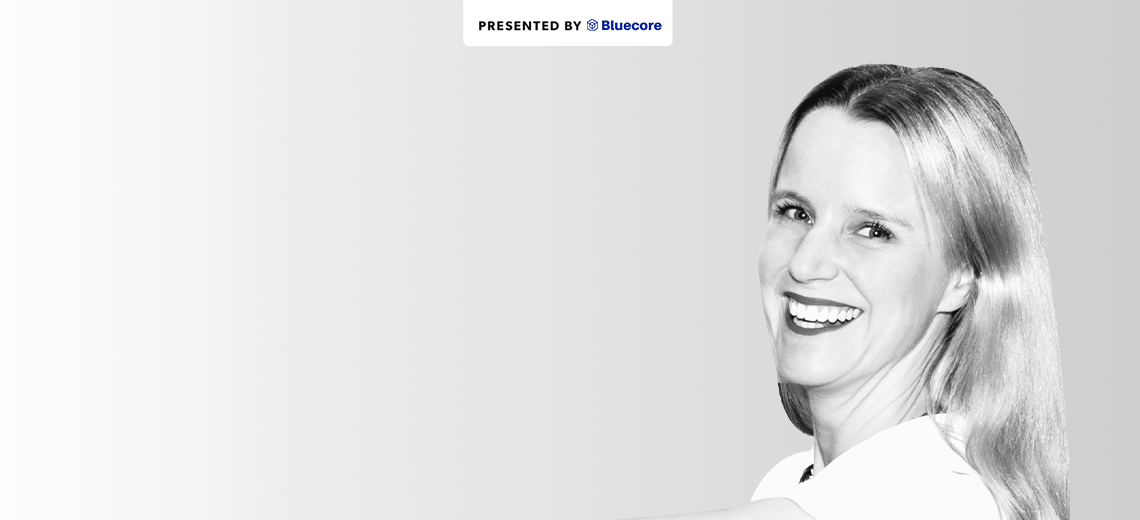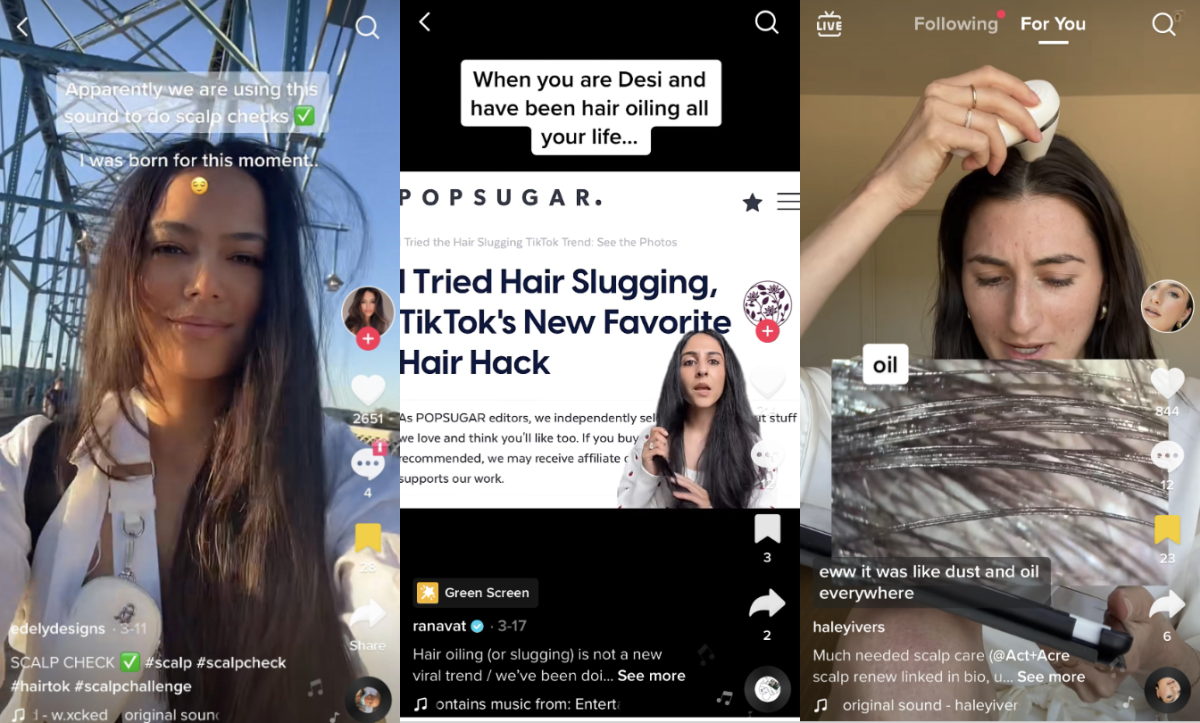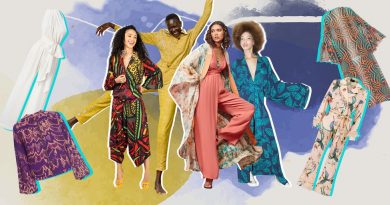Scanlan Theodore’s Melinda Robertson on preparing for an ‘inevitable’ recession
Subscribe: Apple Podcasts • Stitcher • Google Play • Spotify
When Melinda Roberston moved to the U.S. to work on Wall Street in 2012, she didn’t expect to receive high praise for her wardrobe. Unlike her American counterparts, Robertson almost exclusively wore Australian fashion brand Scanlan Theodore, which specializes in workwear for women. To her surprise, however, Scanlan Theodore’s chic aesthetic was a hit, and it led Robertson and her business partner, Sarah Blank, to approach Gary Theodore, the brand’s founder, with a pitch: to launch the company in the U.S.
“[Scanlan Theodore Americas] was very much born out of [my and Sarah’s] personal need and the feedback we were receiving [from female bankers],” Robertson said on the latest episode of the Glossy Podcast. “One of the trickiest things [when launching in a new country] is knowing whether the product will translate. First: Is it going to translate internationally? We felt confident on that front, because all these women [on Wall Street] were so excited about our suits. Then, once you’re [in the U.S.], the question is: How is it going to translate in other states? We felt confident on one front, so we did it.”
Two years after pitching the idea to Theodore, the trio became business partners on the U.S. business in 2017. Now, as co-CEO of Scanlan Theodore Americas, Robertson is responsible for growing the brand’s presence in the American market. Currently, the company has two boutiques in New York City, plus stores in Long Island, N.Y., Miami and Dallas. A location in Washington, D.C. is set to open June 2023.
“We’ve had to be patient,” Robertson said. “We’ve secured the locations we wanted, and now we’re focused on building the brand.”
Below are additional highlights from the conversation, which have been lightly edited for clarity.
Picking a global expansion model
“It made sense for us to launch a U.S. company with the three of us [as founders]. We all needed skin in the [U.S. retail market] game. You see international brands coming in with a franchise model or brand owners [for just one] country doing whatever they want. That was not appealing to [Theodore] or for us, but for different reasons. [Theodore] built this incredible brand, and to just hand over the reins in the U.S. market to people he was just getting to know didn’t make sense. For [Sarah and I], Gary’s the genius behind the brand, so we had no desire to take over. We need his guidance, we need his partnership. We rely on that every single day. He’s the creative genius. We decided the best way to keep the three of us aligned, motivated and charging for the same objectives was to all invest. That was the model that made sense for all of us, and it has worked. … We started off selling online in the U.S. out of my apartment. Now, we’ve grown to five boutiques and an online store, and we’re opening a sixth store next year.”
Navigating the highs and lows of workwear sales
“We basically did no sales for a good six-month period in 2020. The government was really generous with all the business support that was provided, and our landlords really helped us. Honestly, we made it through because of that support from them. … [When we opened back up], it was a matter of operating the business in a different way for a significant period of time. … We had to deal with this incredible volatility, which is really difficult when you’ve got such high fixed costs. … 2020 was a great challenge. Sarah and I were on the floor trying to make it work. In 2021, things slowly picked up … It’s really been since March this year [that I’ve felt secure]. We’re [finally] well above our 2019 forecast and 2019 actuals. It’s looking to be a good year.”
Surviving the looming recession
‘We are expecting a recession and things to slow. It’s inevitable, given all of the factors that are contributing to that. We’re always extremely careful with our inventory. You need to be careful that you don’t get stuck with mountains of inventory if you get your forecasts wrong. In terms of our salary costs, we keep staffing light — if you overstaff a retail store, then none of the girls have the opportunity to maximize their own sales, and in a way, you’re taking away business from them. … Also, because the whole Covid situation was horrible, I’m always focused on not overstaffing, because you never want to have to let people go because you made a mistake. … I think the recession will be short and sharp. Whether short means 6-12 months is unclear, but we just have to put our heads down and do as many external sales events as we can possibly do. … We hold fundraisers a lot — we hustle and try and generate sales from outside of just the foot traffic that walks past the store. That will have to go into overdrive if women are not walking into the store. … We’ve got an incredible CRM program set up that [our staff] uses all day, every day. They are constantly in-store, going back and forth with clients in California or wherever. That needs to continue, and all of those efforts need to go into overdrive.”





